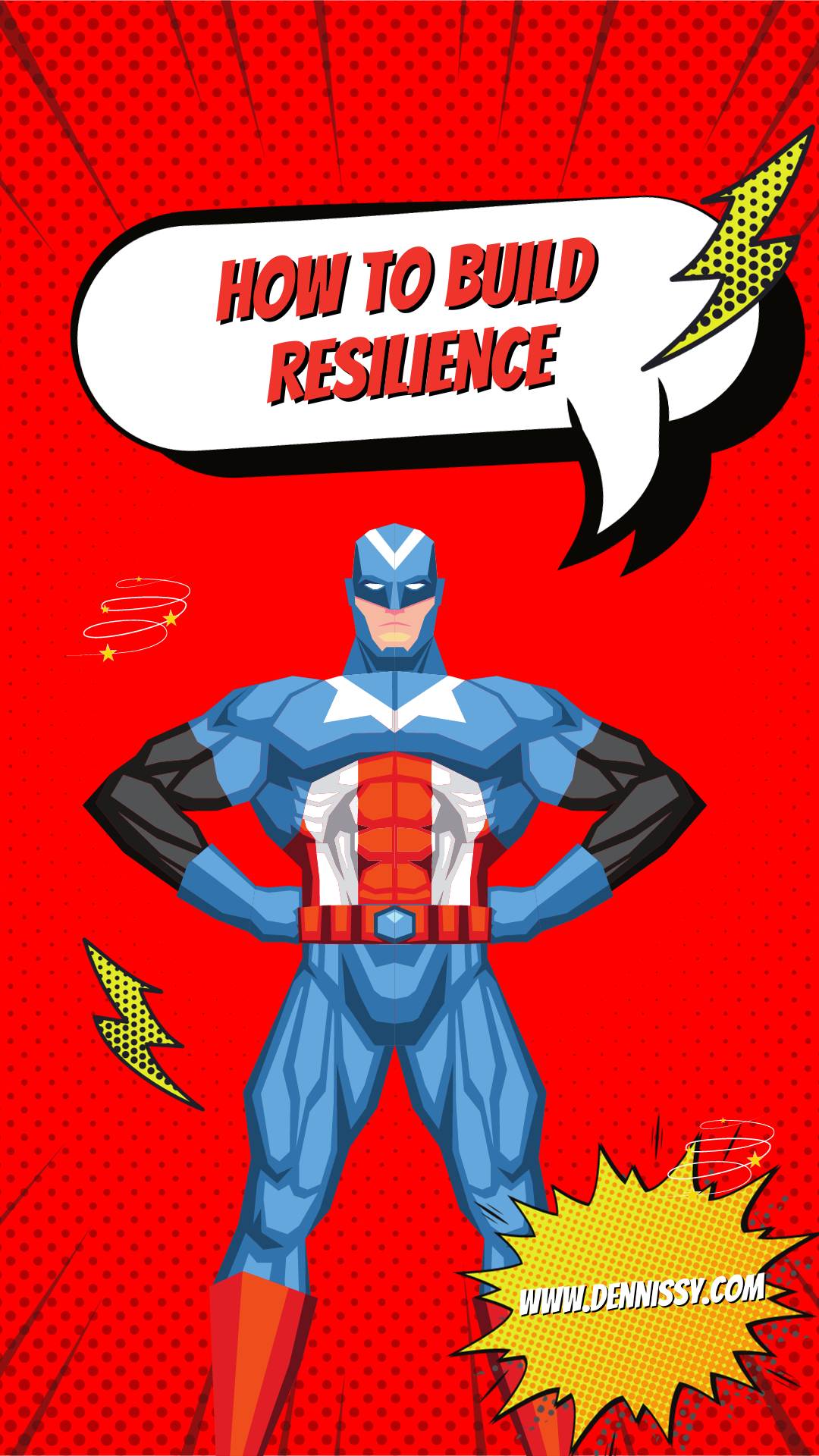Our pediatric doctor mentioned the term immunity gap while we were having our kids checked up by the doctor because of a virus that was going around the metro. The term “immunity gap” has recently gained significant prominence in public health. It refers to the portion of a population that remains susceptible to a contagious disease (especially our kids locked down for two years in our homes) even when a considerable amount has been vaccinated or has acquired immunity. This concept has taken center stage in discussions surrounding the COVID-19 pandemic. However, there’s a broader lesson to be learned from this concept, one that transcends public health and extends into our lives as individuals and communities: the importance of resilience.
Understanding the Immunity Gap
The immunity gap reminds us that achieving herd immunity, where enough individuals are immune to a disease to prevent its widespread transmission, is not merely about numbers. It’s about the interconnectedness of individuals within a society. Even with a significant percentage of the population vaccinated, the risk of outbreaks persists if a portion remains vulnerable. This vulnerability may be due to various factors, such as vaccine hesitancy, lack of access to healthcare, or new variants of the disease.
Life often mirrors these concepts. We encounter moments when we feel vulnerable, unprepared, or exposed to various challenges. These challenges range from health crises to financial hardships, personal loss, and professional setbacks. Similar to the immunity gap, this vulnerability highlights the need for resilience.
Resilience is the capacity to bounce back from adversity, withstand life’s trials and tribulations, and adapt and grow more robust in the face of challenges. In many ways, it is the bridge across our personal immunity gaps. When shielded from challenges and trials, we never have the strength and resilience to plow through what life throws us. I listed some ways we can build resilience in ourselves:
- Embrace Adaptability: Resilience begins with the ability to adapt. Just as viruses mutate and adapt to survive, we too must be flexible in our thinking and approach to life’s challenges. Embrace change as an opportunity for growth.
- Cultivate a Support System: Just as herd immunity relies on a community coming together, personal resilience often depends on our social networks. Lean on friends and family during tough times, and don’t be afraid to seek help when needed. Our family made sure that even during the pandemic, we built deep relationships that could help us go through the darkest times of our lives. Our support system helped us during the pandemic and will continue to help us even more after all that has happened over the past two years. In our faith, resilience finds its roots in the enduring message of hope in Christ. Just as herd immunity safeguards a community, our spiritual journey thrives in a community of believers. In times of vulnerability and adversity, it’s our faith that becomes the unyielding foundation, our support system of prayer and fellowship, and our guide to adapt and grow stronger. In Christ, we discover the ultimate source of resilience, for His grace empowers us to navigate life’s challenges with unwavering faith, knowing that through Him, we can bridge the gaps of doubt and despair, emerging more vital and bearing witness to His steadfast love.
Hebrews 10:24-25
24 And let us consider how to stir up one another to love and good works, 25 not neglecting to meet together, as is the habit of some, but encouraging one another, and all the more as you see the Day drawing near.
- Develop Coping Strategies: Much like vaccines prepare our immune systems for potential threats, developing coping strategies equips us to handle stress and adversity. This can include mindfulness practices, seeking professional guidance, or engaging in hobbies that bring joy. When I got sick this year, one of the things we did as a couple was to pray and listen to faith-building messages. In a life-or-death situation, we can only rely on something more powerful than medicine and knowledge – our faith in God. Some call it a coping strategy, but it was our lifeline in times of need.
Psalm 23:4
Even though I walk through the valley of the shadow of death, I will fear no evil, for you are with me; your rod and your staff, they comfort me.
- Learn and Evolve: Resilience is not a static trait but a skill that can be honed. Learning from setbacks and mistakes is an integral part of becoming more resilient. Each challenge you face can be an opportunity for growth.
Romans 5:3-5 Not only so, but we also glory in our sufferings, because we know that suffering produces perseverance, perseverance, character; and character, hope. And hope does not put us to shame because God’s love has been poured out into our hearts through the Holy Spirit, who has been given to us.
- Hope in Christ: Just as herd immunity offers hope for the eventual control of diseases, maintaining a positive, faith-filled outlook on life can be a powerful tool in facing adversity. Hope fuels resilience.
Psalm 43:5 Why, my soul, are you downcast? Why so disturbed within me? Put your hope in God, for I will yet praise him, my Savior and my God.
Here is my interview regarding the health challenge I faced this year and how we were able to overcome the biggest trial of our lives:
